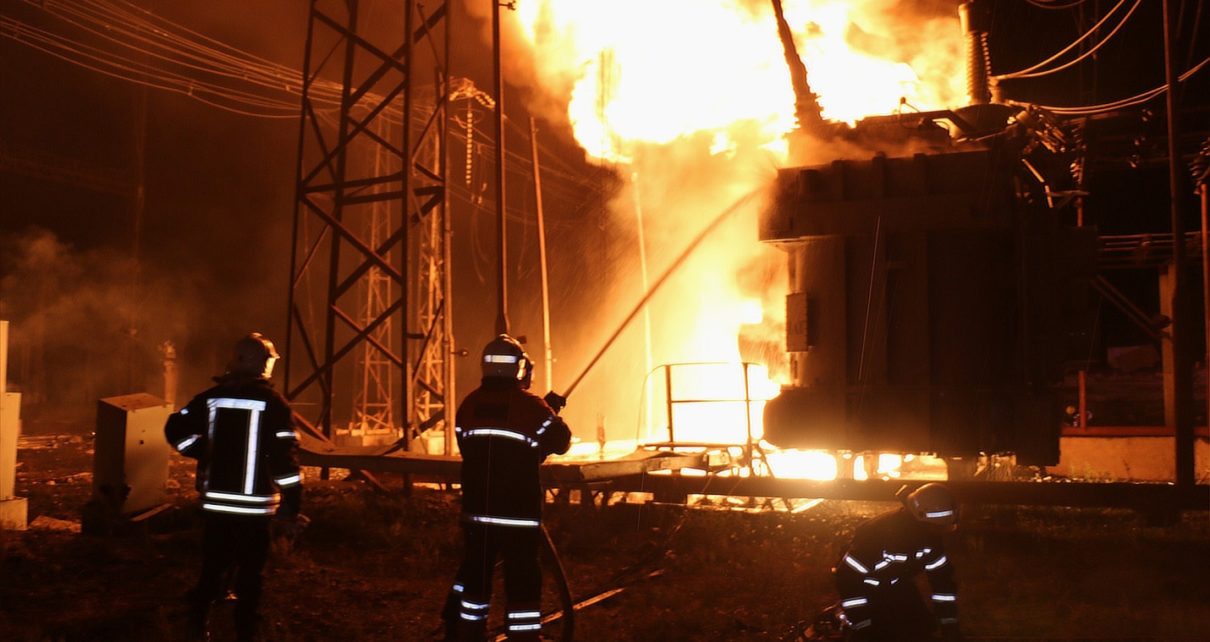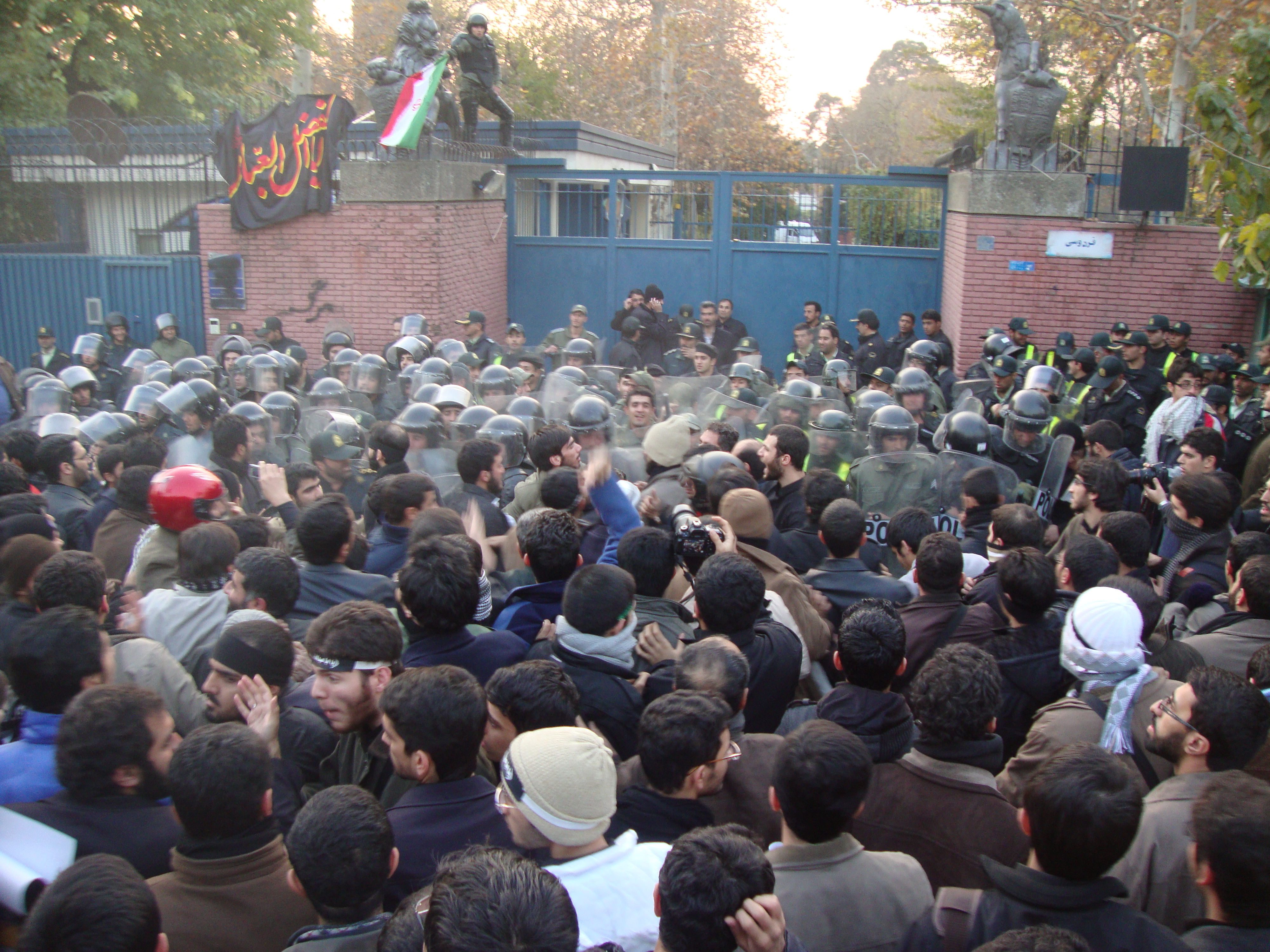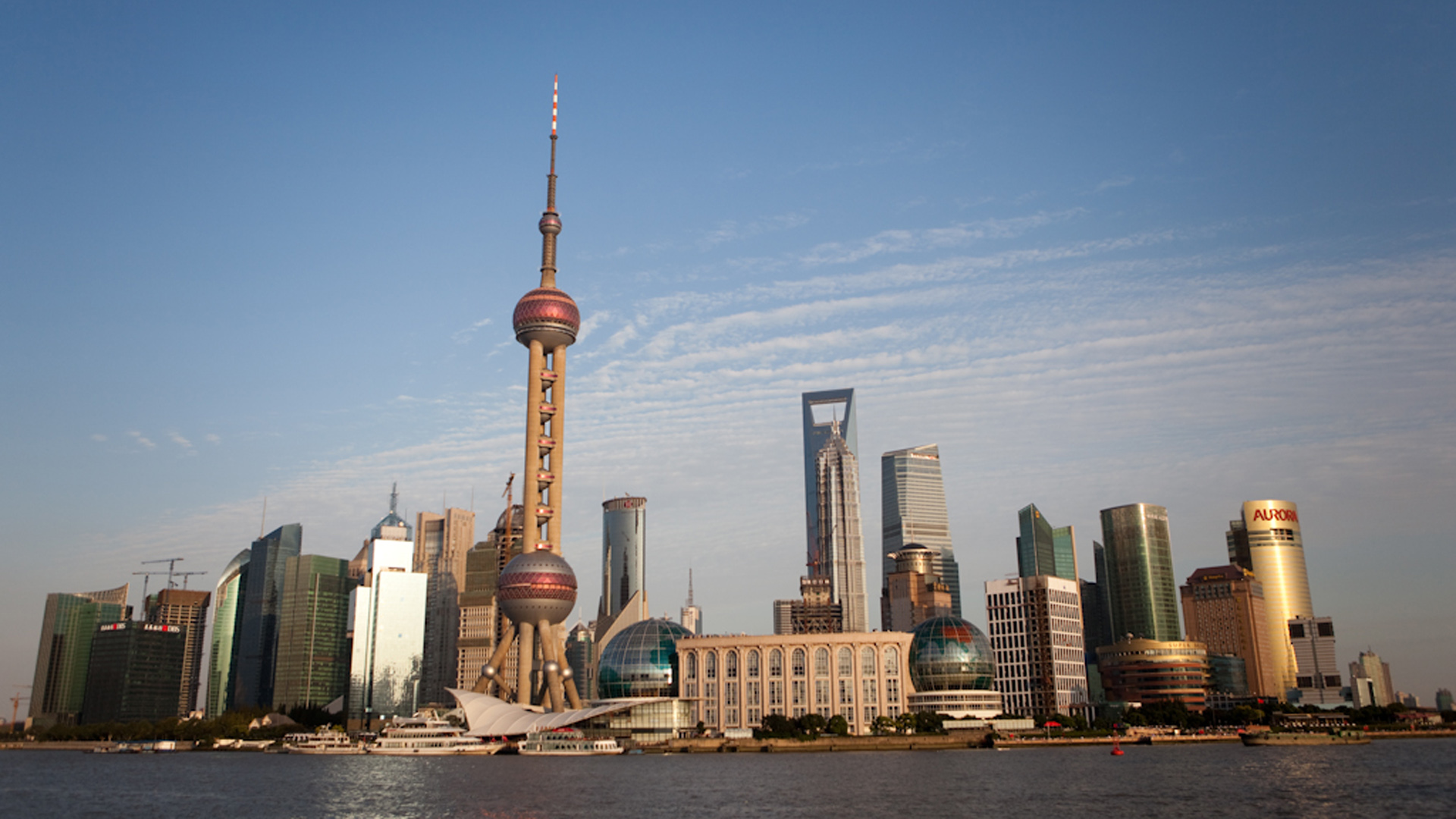Abstract: How has the EU’s strategic decoupling from Russia in the energy sector impacted Moscow’s war of aggression in Ukraine? In this article, Program Editor Mark Davis Madarang Pablo examines the latest results of such strategy in response to Russian weaponization of energy and provides policy options for EU and NATO member-states and global partners.
Introduction
Russia has weaponized its energy aimed at dissuading European countries from providing military and economic aid to Ukraine. From 2014 onwards, Russia took control over Ukrainian gas fields and oil reserves in and around Crimean Peninsula as well as coal deposits in Donbas region, exerted economic pressure on Ukraine by threatening to cut its gas supply, and warned other Western countries that provide military assistance to Ukraine to refrain from reversing the gas flow from EU to Ukraine. In 2022, Moscow upped the ante in undermining the EU by suspending the delivery of gas through the Nord Stream 1 pipeline and implementing the “gas-for-roubles decree” which compels European consumers who wish to continue securing Russian gas to open rouble bank accounts with Gazprombank and make payments in Russian currency. These latest security developments in Eastern Europe have disrupted the global network and system of oil, gas and coal production, refinement and transportation; exacerbated the volatility of prices of fossil fuels and other basic commodities; and pushed the world to the brink of a major energy crisis.
The Limits of the West’s Strategic Decoupling
In response to Russia’s provocative actions, the EU embarked on strategic decoupling. In her speech last year, European Commission President Ursula von der Leyen highlighted three (3) major interventions in the European energy sector: a.) regional demand reduction through investment in joint storage facilities; b.) diversification of sources towards other reliable suppliers, such as the US, Norway, Azerbaijan, and Algeria, among others; and c.) massive investment in renewable sources. Although these objectives are laudable in theory, I contend that strategic decoupling has been relatively ineffective thus far in ending Putin’s war of aggression in Ukraine. This is because it continues to operate according to the same carbon-intensive, carbon-dependent political economic structural-systemic logic that encourages the continued production, circulation, and consumption of fossil fuels at the global scale. Instead of starving Moscow’s war chest, this strategy has merely redirected Russia to diversify its markets among the energy-hungry developing economies outside of EU. This, in effect, has provided Russia alternative sources of revenue to sustain its war against Kyiv while, at the same time, perpetuating the carbonization of our planetary system.
The Eurostat reports that Russia’s market share in the supply of petroleum oils to EU dropped significantly from 26.0 per cent during the first quarter of 2022 to 3.2 per cent during the first quarter of 2023. Within the same time period, Russia’s market share in the supply of natural gas in gaseous state went down as well from 38.8 per cent to 17.4 per cent, and liquefied natural gas from 18.1 per cent to 13.2 per cent. Lastly, Russia’s market share in the supply of coal shrank considerably from 42.1 per cent to zero per cent. As a result of such drastic efforts to cut off Moscow from the lucrative European energy market, the Russian Finance Ministry data shows that Russian oil and gas revenue plummeted by 47 per cent during the first half of 2023 compared with the same period during the previous year. Total government revenue from these fossil fuels fell to Rbs3.38 trillion (US$37.4 billion) from January to June 2023. In June 2023 alone, oil and gas revenues dropped by 26.4 per cent to Rbs529 billion compared with the same period last year.
Nevertheless, Russia is able to circumvent Western sanctions on its energy exports and continue receiving fossil fuel revenues. Based on the Centre for Research on Energy and Clear Air report dated June 2023, China took the helm as the largest importer of Russian fossil fuels (44 per cent of coal exports, 43 per cent of crude oil exports, 14 per cent of pipeline gas, 12 per cent of LNG exports, and 12 per cent of oil products). This was followed by India (36 per cent of crude oil exports and 19 per cent of coal exports), and Turkey (33 per cent of LPG exports, 24 per cent of oil products, 19 per cent of pipeline gas, and 3 per cent of crude oil exports). At this juncture, it remains to be seen how long Russia’s diversification of its energy market to the emerging economies, such as China, India and Turkey will enable Moscow to recuperate its financial losses with EU’s strategic decoupling. But the fact that there are still other countries beyond the sanctions regime willing to buy cheap Russian fossil fuels should be a cause of serious concern. This could alleviate the economic pressure that the EU and NATO currently exerts to bring Putin into the negotiating table and end the hostilities in Ukraine.

Furthermore, Russia’s blatant evasion of EU economic embargo through re-engineering global oil trade patterns (e.g. redirecting energy exports to the emerging economies, exploiting access to ports on seas beyond Europe, tapping extensive pipelines to Asia, mobilizing large fleet of tankers) is not only harmful to the Western collective effort to pull the brakes on Russian President Vladimir Putin’s war machine in Ukraine; it also contributes to the long-term ecological threat to the planetary system. As a result of the steady concentration of greenhouse gases (e.g. >400 ppm of carbon dioxide) in the atmosphere, the planet’s mean surface temperature has been on an upward trajectory: The International Energy Agency (IEA) study cites that as the world economy has rebounded rapidly since 2021 and has remained heavily dependent on coal to fuel that growth, global energy-related carbon dioxide emissions increased by 6 per cent to 36.3 billion tonnes, the highest recorded level. The same IEA study shows that the pandemic-related reduction from the previous year was more than offset by the increase in global CO2 emissions of over 2 billion tonnes, which was the greatest in absolute terms in history.
In the absence of transformative leadership and political will by the EU and NATO to enforce clean energy policies and support the rollout of green technologies in the public and private sectors at the international level, strategic decoupling raises the risk of perpetuating rather than dismantling the carbon-driven global political economic system. Continuing delays in the comprehensive implementation and harmonization of decarbonization policies among nation-states and multinational corporations (MNCs) to meet the Paris Agreement target of reducing carbon emissions by 45% by 2030, and reach net zero by 2050 to keep global warming to 1.5°C; deficiencies in public and private investments in green technology not only in the energy sector but also in the transportation, agricultural, industrial, and material engineering sectors; and legal, operational and policing gaps and sovereignty issues that hamper the full enforcement of Russian fossil fuels embargo—as shown in the Cathay Phoenix dark fleet spoofing incident—would continue to offer economic and financial incentives for various state and non-state actors to evade the West’s sanctions regime and scramble for cheaper Russian hydrocarbons. This, in turn, could contribute to our crossing the planetary threshold which would prevent climate stabilization and precipitate what Will Steffen et al. warns as “Hothouse Earth”.
Conclusion and Way Forward
Strategic decoupling—the EU’s standard response to Russian aggression on the energy front—has so far fallen short in restraining Moscow over its territorial expansion in Ukraine. This is because Russia, an authoritarian petro-state, remains embedded in the same international political economic system that is heavily anchored on fossil fuel production, circulation and consumption. In effect, such continuing global overreliance on hydrocarbons provides Moscow with tremendous leveraging and maneuvering power in its pursuit of foreign policy. In accordance with the Joint Declaration on EU-NATO Cooperation, NATO member-states and global partners must therefore support the EU’s fulfillment of its policy objectives and targets under the 2030 Climate and Energy Framework, leading to its full transition towards a green sustainable regional economy.
At the same time, EU and NATO must set its gaze beyond the trans-Atlantic region and work hand-in-hand with countries such as China, India, Turkey, and other developing economies in the Indo-Pacific to accelerate multilateral institution-building, global infrastructure investment, and technological advancement for the proliferation of clean and renewable energy through the EU Global Gateway. To effectively counter Russia’s hybrid energy warfare, EU and NATO must not simply cut the supply and substitute Russian fossil fuels within its borders; they must take the lead in global demand reduction. This will erode Moscow’s industrial and financial bases that sustain its war of aggression in Ukraine more effectively, and better contribute to the attainment of the strategic goals under 2015 Paris Climate Agreement and the 2030 Agenda for Sustainable Development.
First Photo: “Fire at an energy infrastructure facility after Russian shelling” (2022) by the Main Directorate in Kharkiv Oblast via Creative Commons. Photo courtesy of the State Emergency Service of the Government of Ukraine.
Second Photo: “Who’s Buying Russia’s Fuels after EU bans?” (2023) by Isaac Levi via Center for Research on Energy and Clean Air. Public Domain.
Disclaimer: Any views or opinions expressed in articles are solely those of the author and do not necessarily represent the views of the NATO Association of Canada.





